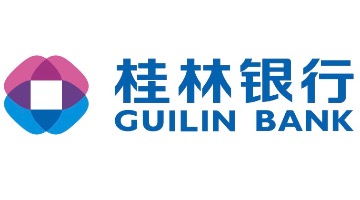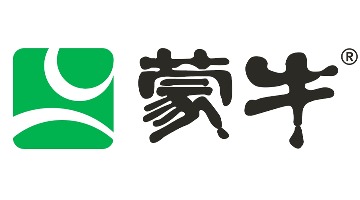Guilin Bank·2025 Guilin Marathon Risk Advisory Notice
Marathon is a high-load, high-intensity, long-distance competitive sport and also a high-risk athletic event that places significant demands on participants' physical condition. Participants should be in good health, regularly engage in running exercises or training, and have a foundation of long-term distance running practice. Individuals with any of the following physical conditions are prohibited from registering for the competition. Violators will bear all consequences and legal liabilities:
- Contraindications for Participation
- Congenital heart disease and rheumatic heart disease;
- Hypertension and cerebrovascular diseases;
- Myocarditis and other heart diseases;
- Coronary artery disease and severe arrhythmia;
- Diabetes with abnormally high or low blood sugar levels;
- Having had a cold within two weeks before race day;
- Excessive consumption of alcohol or lack of sleep the night before the race;
- Being in recovery period after surgery or illness and unsuitable for strenuous exercise;
- Pregnancy
- Other conditions unsuitable for exercise (including but not limited to the above).
- Potential Risks of Marathon
- Severe injury or death caused by acute cardiovascular and cerebrovascular diseases due to physical exhaustion;
- Severe injury or death caused by high-intensity exercise or having had fever or acute respiratory infection within two weeks before the race;
- Severe injury or death caused by loss of consciousness and mental confusion due to physical exhaustion;
- Severe injury or death caused by severe heat stroke under high temperatures;
- Severe injury or death caused by organ failure during the race;
- Severe injury or death caused by other diseases unsuitable for participation.
- Precautions During the Race
- Physical Discomfort: Symptoms like difficulty breathing, rapid heartbeat, dizziness, nausea, or heavy legs indicate the "wall" phenomenon in exercise physiology (typically around 15-18km for half marathon and 30-35km for full marathon). This normal physiological response occurs when internal organs cannot keep up with musculoskeletal activity. Runners should slow down, consciously deepen breathing while reducing breathing frequency, or walk for 2-3 minutes until normal function resumes ("second wind" in exercise physiology);
- abdominal Pain: Slow down while practicing deep breathing, applying pressure to the painful area, or running slightly bent over;
- Joint Pain: Reduce running speed when experiencing knee or ankle pain;
- Cramps: For mild cramps, stretch against the muscle contraction direction while massaging the affected area. If relieved, continue racing. For severe cases, seek assistance to complete stretching before continuing;
- Other Abnormal Conditions: Slow down and move to the side of the course for self-assessment. If symptoms persist or worsen, seek medical assistance immediately. Symptoms like blurred vision, dizziness, nausea, breathlessness, or cold sweats require immediate medical attention;
- High Temperatures: In hot, humid conditions, increase intake of sports drinks and adjust pace accordingly to ensure safe completion;
- All participants should run at their own pace without unnecessary competition.
- Marathon Preparation Recommendations
- Pre-Race Physical Examination: All participants should undergo medical examinations at Grade II or above hospitals, including ECG and cardiac ultrasound, to confirm fitness for participation;
- Proper Nutrition and Hydration: Maintain balanced diet before race day and ensure proper hydration at regular intervals during the event;
- Warm-up and Stretching: Proper warm-up increases muscle temperature and heart rate while stretching reduces muscle tension and fatigue;
- Safety Awareness: Immediately stop racing and seek medical help if experiencing discomfort, dizziness, or vomiting;
- Post-Race Recovery: Engage in proper cool-down activities like light exercise and massage, while ensuring adequate rest and nutrition for recovery.
Note: The Organizing Committee specially reminds all participants that any personal injuries or property damage caused by individual circumstances during the event shall be the sole responsibility of participants. The Committee recommends all participants undergo pre-race medical examinations (including ECG and cardiac ultrasound) at Grade II or above hospitals for self-assessment of fitness for participation.


















